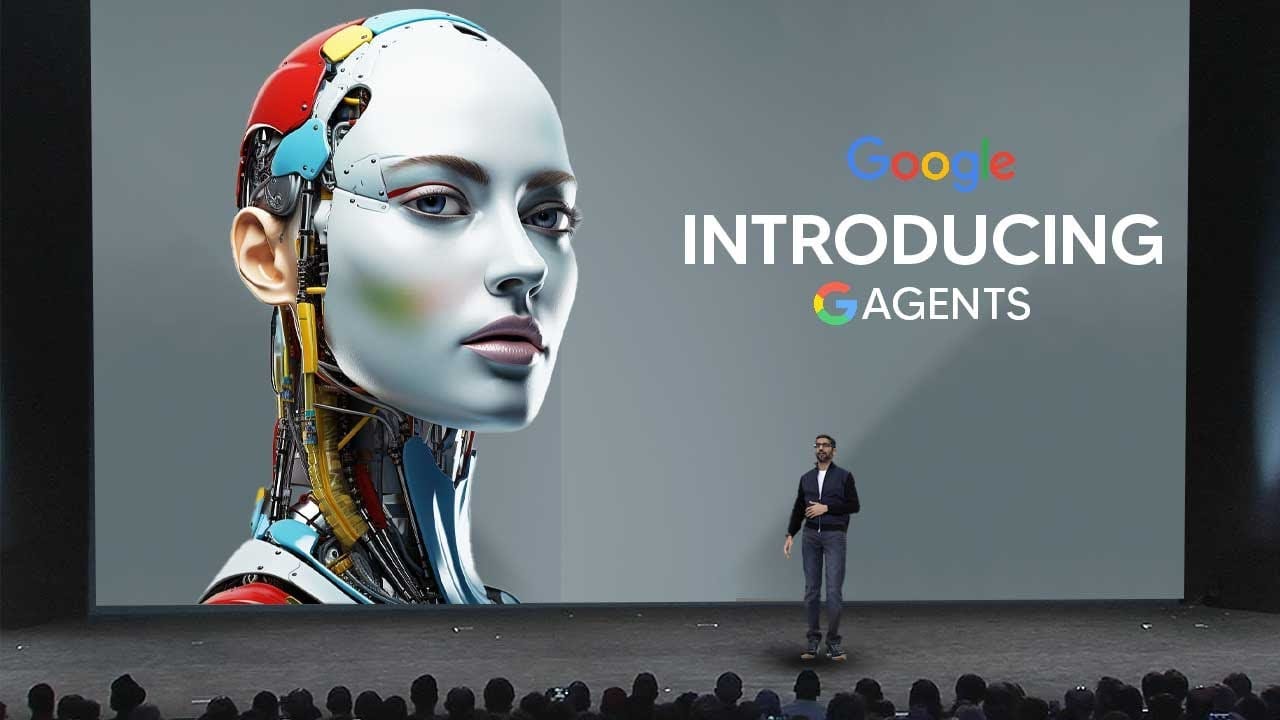Google's AI Agents for Business Data Automation: A Strategic Shift

Google is no longer just competing in AI, it's reshaping how businesses work with it.
The tech giant recently unveiled its new suite of AI agents built for enterprise-level data automation. While OpenAI and Anthropic dominate headlines with language models, Google is aiming straight at the operational heart of business: structured data, workflows, and automations.
What Happened?
At a recent private briefing, Google introduced a series of domain-specific AI agents designed to work across cloud platforms, including Google Workspace, BigQuery, and third-party tools. These aren’t general-purpose chatbots they are task-specific automations meant to streamline operations like:
- Invoice approvals
- Sales pipeline tracking
- Security incident response
- HR onboarding and offboarding
- Procurement and logistics
- Customer ticket triaging
In short: Google is automating repetitive business logic at scale, using its AI infrastructure as the underlying engine.
Why This Is Important
The move signifies a new era where AI isn't just generating content it’s being embedded into core business processes.
Unlike OpenAI’s GPT-5 or Anthropic’s Claude, which focus on language and reasoning, Google’s agents are execution-focused. They connect to APIs, extract and manipulate data, perform tasks, and update systems in real-time. Think of them as intelligent bots with domain expertise, not just smart chat interfaces.
These agents are:
- Composable — Built from reusable components
- Cloud-native — Seamlessly integrated with Google Cloud
- Enterprise-ready — Built for scale, compliance, and security
"This is Google’s clearest signal yet that AI isn’t just for chat it’s for orchestration."
Scalevise AI Research
Real-World Business Use Cases
Let’s look at how this translates into impact:
1. Procurement Automation
Vendor requests, approvals, delivery tracking all handled by agents across tools like SAP, Sheets, and internal ERP systems.
2. HR Onboarding
Agents collect necessary documents, trigger hardware provisioning, set up accounts in tools like Slack or Notion, and notify IT.
3. Sales Forecasting
Real-time updates from Salesforce + Google Sheets are analyzed to produce pipeline summaries and risk alerts.
Strategic Advantage for Businesses
Most companies still rely on fragile workflows cobbled together with Zapier, Make.com, or manual scripts. Google’s AI agents provide:
- Scalable orchestration
- Real-time adaptability
- AI-native process logic
This is particularly important for data-heavy industries like:
- SaaS
- Finance
- E-commerce
- Healthcare
- Enterprise logistics
But… What About Vendor Lock-in?
One concern: Google's ecosystem is vast and sticky. Integrating AI agents that are tightly coupled to BigQuery or Workspace might limit flexibility.
Solution?
Use middleware to act as an abstraction layer between these agents and your internal systems. At Scalevise, we help companies design vendor-neutral automation architectures using:
- Custom Node.js microservices
- Airtable / Notion API integration
- Make.com or n8n where needed
External Sources
Read More from Scalevise
- Automated Onboarding with Make.com
- GDPR-Compliant AI Middleware
- AI & Workflow Automation: Complete Guide
Final Thoughts
Google’s AI agents mark a transition away from “AI as assistant” to “AI as operator.”
If you're serious about operational efficiency, it's time to look beyond text generation and towards AI-driven execution.
Need help building AI agent workflows?
👉 Contact Scalevise at: https://scalevise.com/contact
